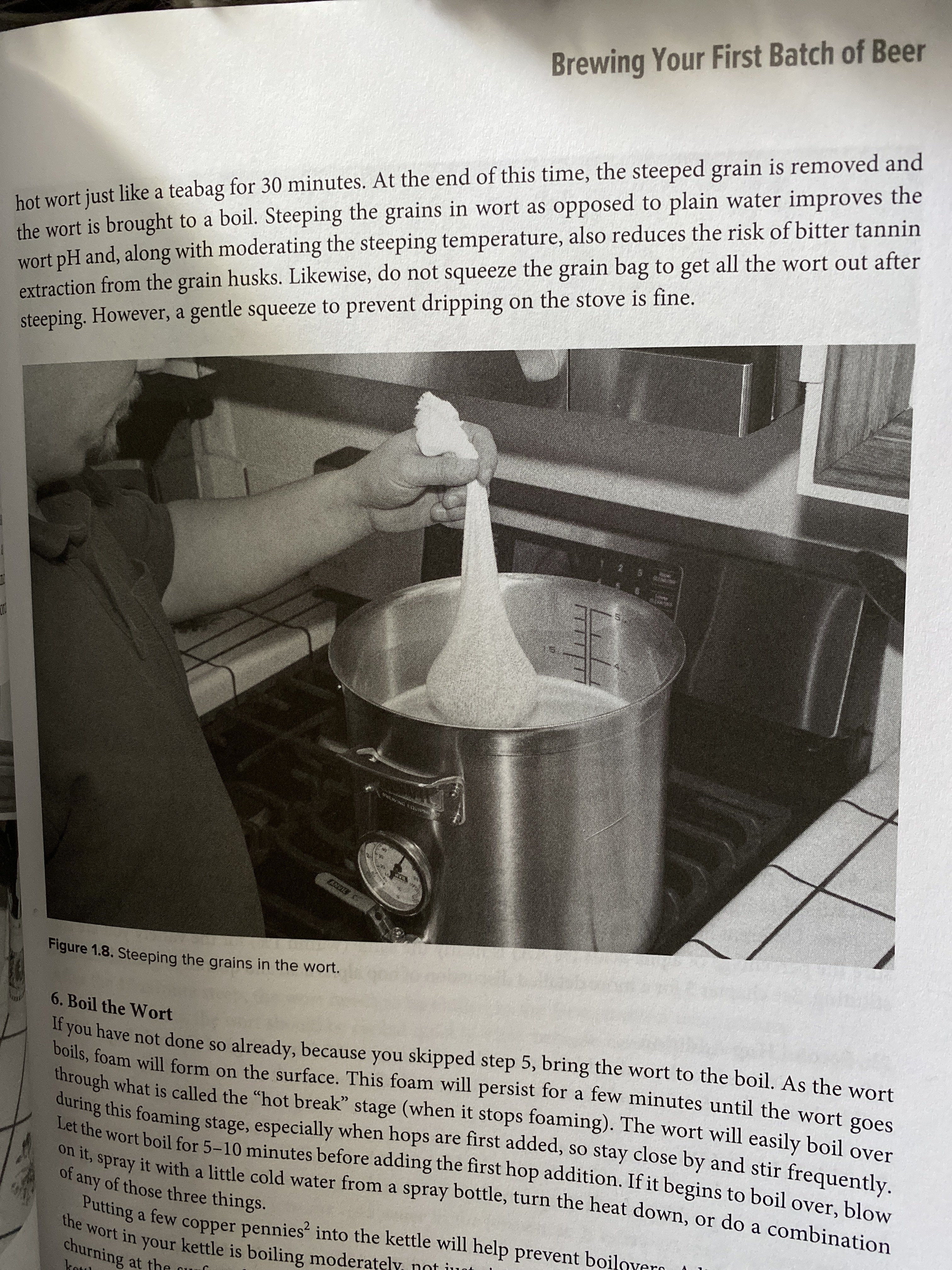I feel like I've tried almost everything, but I can't seem to brew a beer that doesn't have a bitter, thin, harsh taste. Hoping someone can give me some more ideas.
I brew with an Anvil Foundry system (with recirc) and ferment in Anvil stainless buckets. I've followed a few recipes here that get fantastic reviews, including an amber and a stout (both turned out bitter and just bad). I clean and sanitize everything the beer touches every time I brew. I've tried tap water, tap water with campden tablet, and bottled spring water. I've tried all kinds of yeasts, with and without a starter, even trying Kviek! I bought a chest freezer to control ferm temps. I constantly check the gravity while fermenting and each time the yeast does great. When I try the samples, they always taste horrible.
The only thing I can think of is that the mash isn't going well... my BH efficiency is usually around 60% according to beersmith. Next brew I'm planning to use my old 3-tier system (coolers).
I'm pretty desperate. I've reread all the books on brewing I have and am now reading Water: A Comprehensive Guide for Brewers (Brewing Elements): Palmer, John J., Kaminski, Colin: 9780937381991: Amazon.com: Books . I'm willing to try or buy basically anything to brew good beer.
HELP
I brew with an Anvil Foundry system (with recirc) and ferment in Anvil stainless buckets. I've followed a few recipes here that get fantastic reviews, including an amber and a stout (both turned out bitter and just bad). I clean and sanitize everything the beer touches every time I brew. I've tried tap water, tap water with campden tablet, and bottled spring water. I've tried all kinds of yeasts, with and without a starter, even trying Kviek! I bought a chest freezer to control ferm temps. I constantly check the gravity while fermenting and each time the yeast does great. When I try the samples, they always taste horrible.
The only thing I can think of is that the mash isn't going well... my BH efficiency is usually around 60% according to beersmith. Next brew I'm planning to use my old 3-tier system (coolers).
I'm pretty desperate. I've reread all the books on brewing I have and am now reading Water: A Comprehensive Guide for Brewers (Brewing Elements): Palmer, John J., Kaminski, Colin: 9780937381991: Amazon.com: Books . I'm willing to try or buy basically anything to brew good beer.
HELP










![Craft A Brew - Safale BE-256 Yeast - Fermentis - Belgian Ale Dry Yeast - For Belgian & Strong Ales - Ingredients for Home Brewing - Beer Making Supplies - [3 Pack]](https://m.media-amazon.com/images/I/51bcKEwQmWL._SL500_.jpg)















































